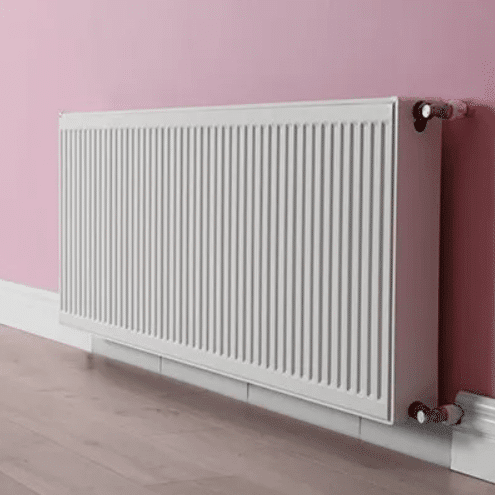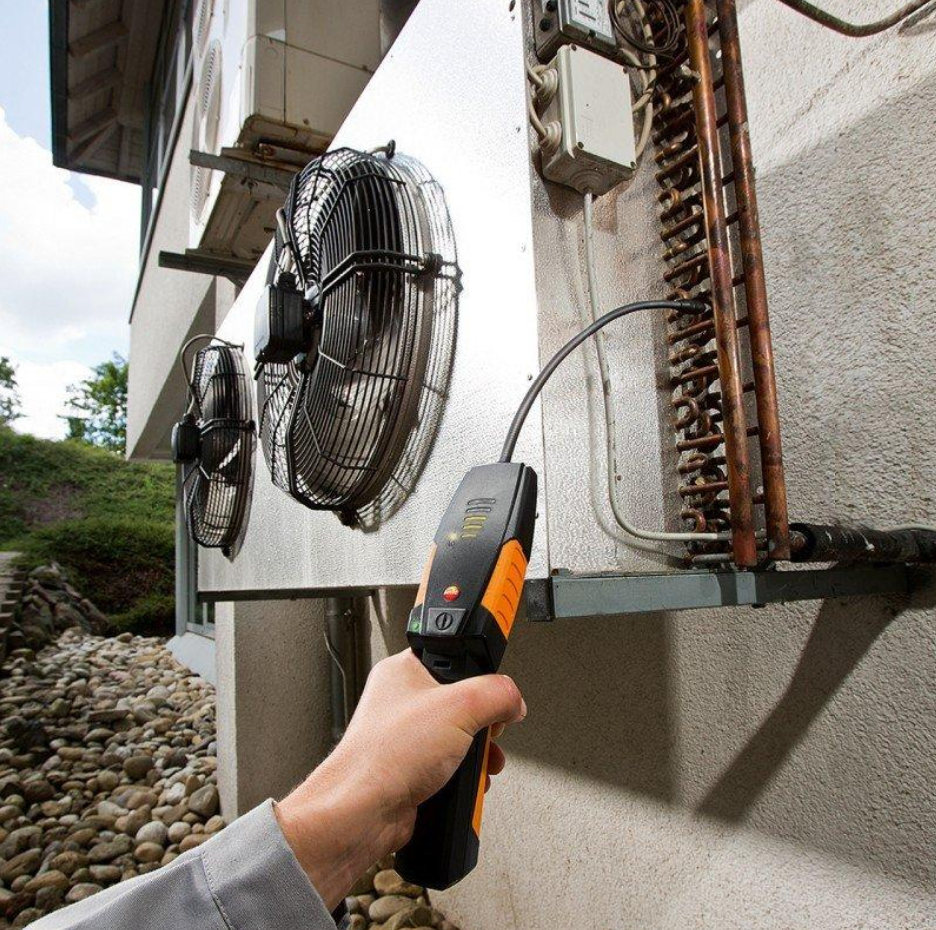HVAC Equipment Leak Detection San Diego
 Does My Home’s Plumbing Affect the HVAC System?
Does My Home’s Plumbing Affect the HVAC System?
Household HVAC systems are frequently disregarded, resulting in a high risk of mold formation. Mold spores can grow in air ducts, air conditioning units, air, cooling, and heating vents, fireplaces, near wood stoves, space heaters, and anywhere else in the house where humidifiers and dehumidifiers are frequently used. It’s best to regularly keep an eye on these spots to avoid mold formation, as mold can swiftly migrate from one place to another.
A commercial HVAC system circulates your restaurant’s air. Not only that, but it also filters the air to ensure that clean, fresh air is provided. Even strong cooking odors are no match for the commercial HVAC system, yet it suffers a little after a fire. This is due to the grease being burned. Fat combustion produces a lot of smoke. The air ducts are impacted by the smoke that is trapped inside the HVAC system. As a result, the air is not completely filtered, and smoke may recirculate within your establishment.
The primary and most common approach is through the HVAC “condensate line” (the condensate or condensate drain line). It’s a length of plastic (or occasionally metal) pipe that connects your home’s heating and cooling system to the outside. Its job is to transport water droplets created by moisture released when air is heated or cooled.
When gasses from leaking sewage pipes enter your ductwork, another plumbing method damages your HVAC system. The gasses and stench then spread throughout your house.
Finally, in the event of a major sewage backup or floods, wastewater can directly enter your home’s HVAC system, contaminating ducts and equipment with harmful bacteria and chemicals.
What Are the Signs That My HVAC System Is Leaking?
Aside from any of the above, there are a few other techniques to determine if a component of your HVAC system is leaking:
- Your electric bill has suddenly increased.
- The air quality in your home looks to be poor, or you may smell scents from outside while inside.
- Your AC condenser unit is surrounded by water.
- You’ve noticed more wetness than usual inside your home.
- Ice crystals might be seen on the evaporator coil of your air conditioner (the part containing refrigerant that eliminates heat from the air).
- You can hear your system operating when you switch it on to heat or cool the air, but the temperature doesn’t change much, if at all.
When Should I Hire A Professional To Repair A Leaking HVAC System?




